Focus
Your Present Location: HOME> Focus-
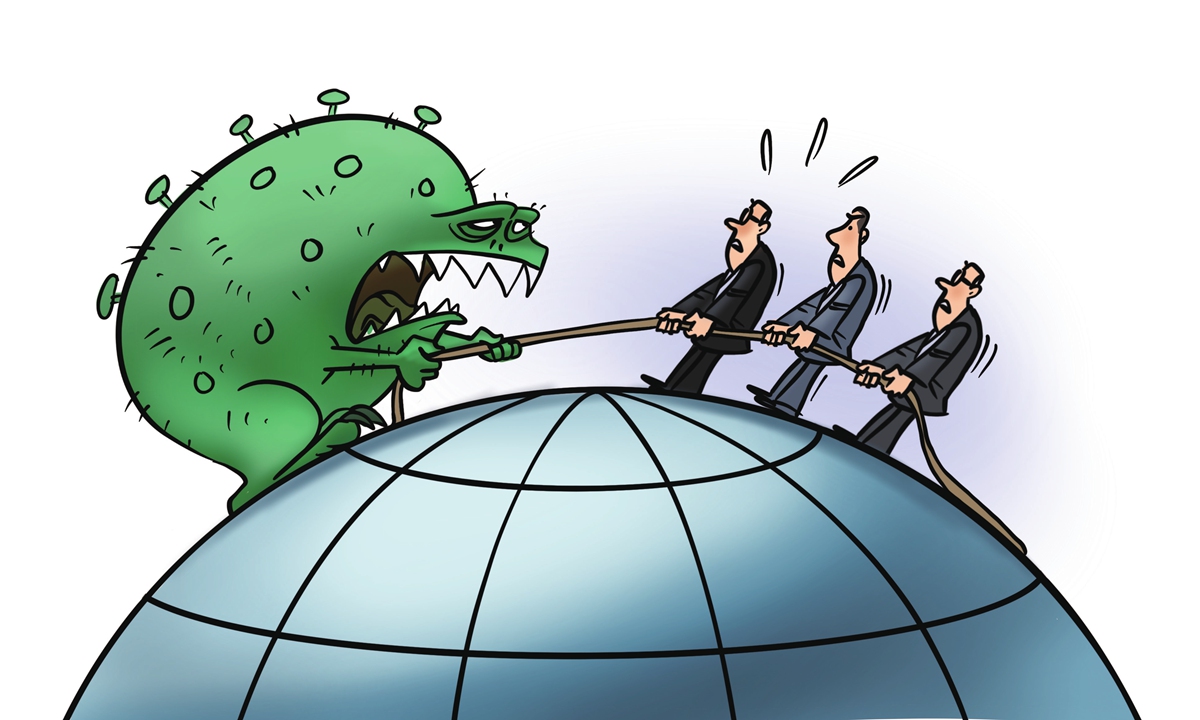
Wang Wen: How history teaches diseases change world power
The development of modern technology can easily lead to misperceptions that infectious diseases can be effectively controlled in developed nations. For example, the last naturally occurring case of variole was diagnosed in October 1977, and the World Health Organization (WHO) certified the global eradication of the disease in 1980.
2021-06-01 -
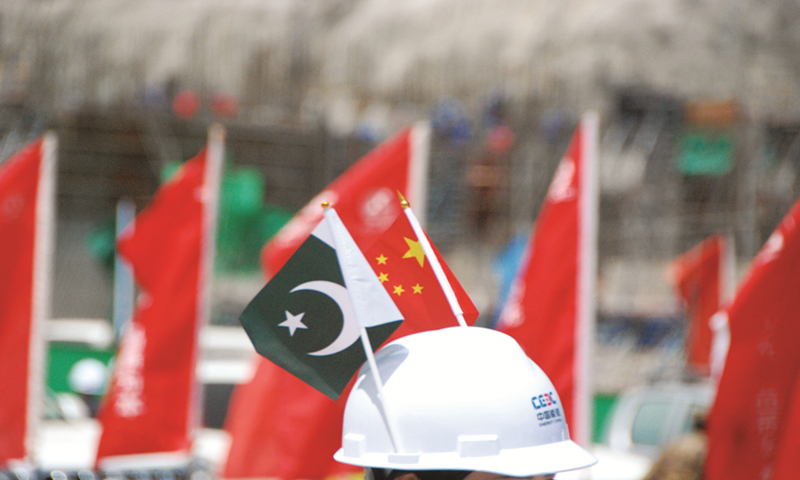
Liu Zongyi: China-Pakistan Economic Corridor faces new opportunities to boost industrial cooperation
Since being officially launched in 2015, the China-Pakistan Economic Corridor (CPEC), the Belt and Road Initiative's (BRI) flagship project, has begun to bear fruit. As the construction of the CPEC project has come into the new stage of promoting industry and industrial park cooperation, Pakistan is facing new opportunities to fast-track the development of its industries which can help it compete globally.
2021-06-01 -
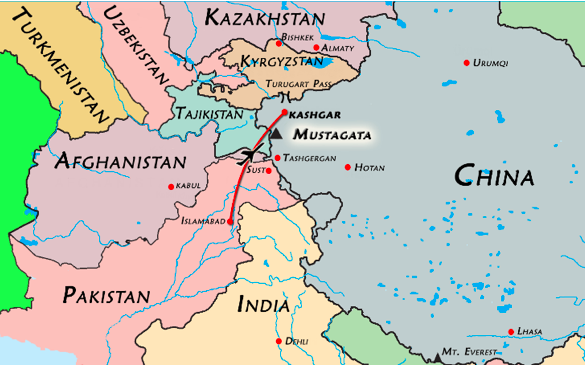
Peter Koenig: “Xinjiang in My Eyes”: Debunking the Lies and Anti-China Propaganda Focusing on China’s Xinjiang Uyghur Autonomous Region
The conference was introduced by four keynote speakers, followed by 18 participants, who all expressed their views on the western bashing of China, falsely accusing China, in this particular case, of human rights abuses against the Muslim Uyghur population of the Xinjiang Autonomous Region in the far-west of China.
2021-05-31 -
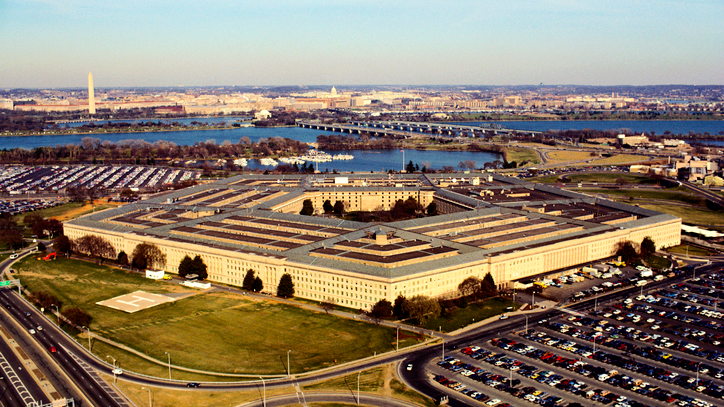
William Jones: New revelations of U.S. clandestine operations with no oversight
The indomitable William Arkin is again at it in uncovering further layers of U.S. "cloak-and-dagger" operations in that netherworld of spy vs. spy. In a recent article in Newsweek magazine, Arkin reveals the existence of an immense network of Pentagon-run operatives involved in a program entitled "signature reduction." According to Arkin, "the force, more than ten times the size of the clandestine elements of the CIA, carries out domestic and foreign assignments, both in military uniforms and under civilian cover, in real life and online, sometimes hiding in private businesses and consultancies, some of them household name companies."
2021-05-31 -
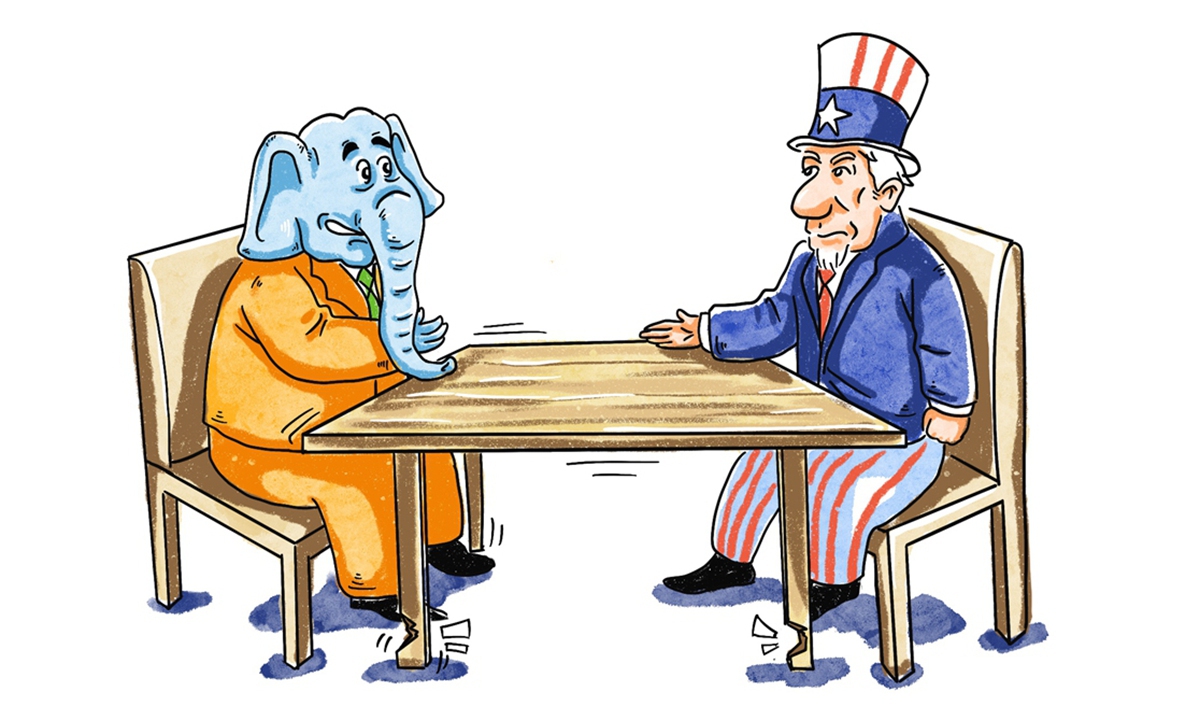
Liu Zongyi: India's vaccine pursuit faces uncertain response from US
India's External Affairs Minister Subrahmanyam Jaishankar has reportedly started a five-day visit to the US from Monday. Jaishankar will hold discussions with his US counterpart Antony Blinken and other Biden administration officials with a focus on COVID-19 vaccines and US-India relations, according to Indian media outlets.
2021-05-28 -
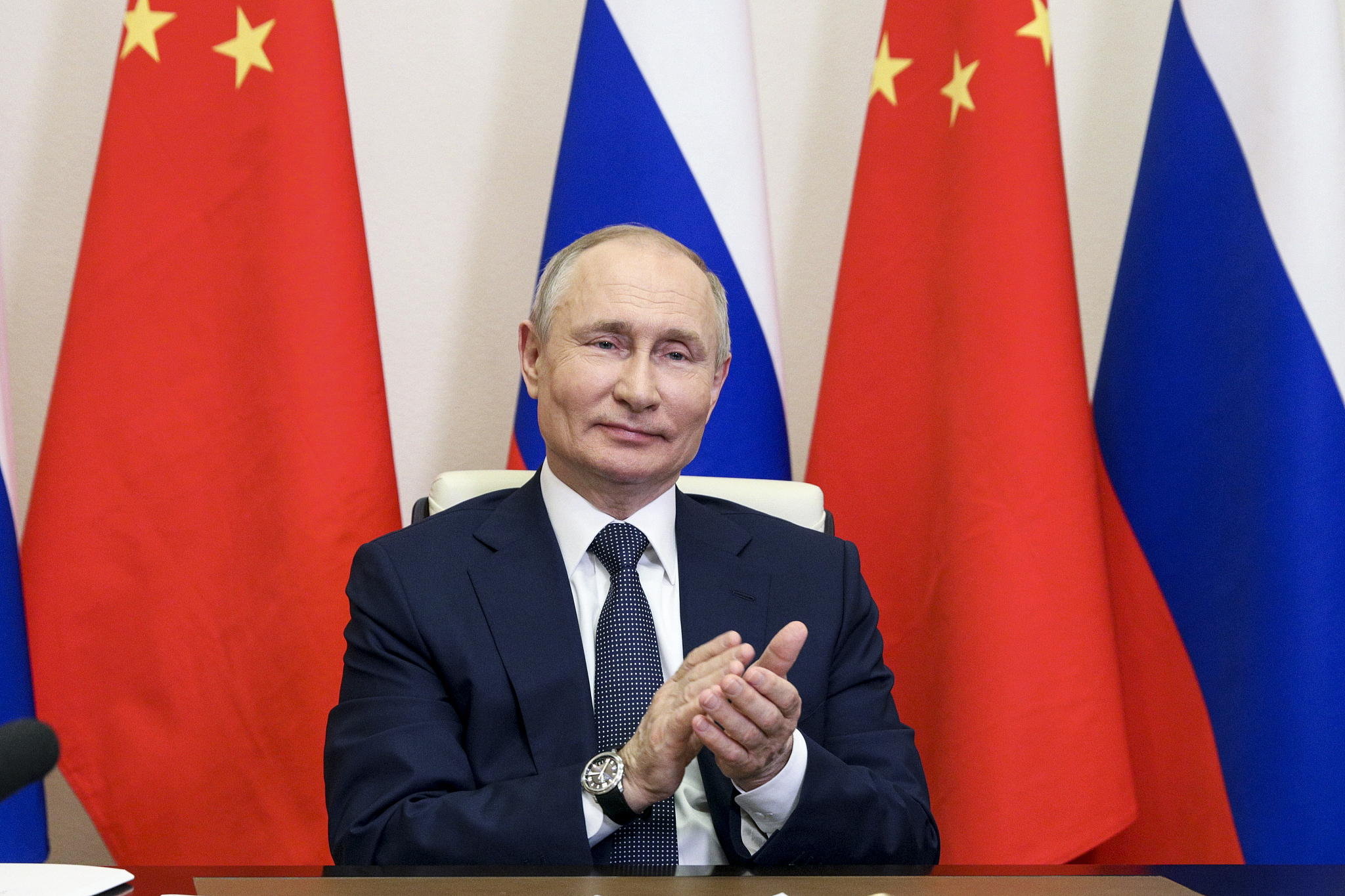
William Jones: Russian-Chinese nuclear cooperation a boon for the world
The recent decision by the Chinese and Russian governments to cooperate closely on the development of nuclear energy is significant. Firstly, the combination of the science organizations of the two countries will create a powerful force for development. China has come a long way in mastering the entire nuclear cycle over the last few decades and is at the forefront of development in the next major energy source, nuclear fusion power.
2021-05-27 -
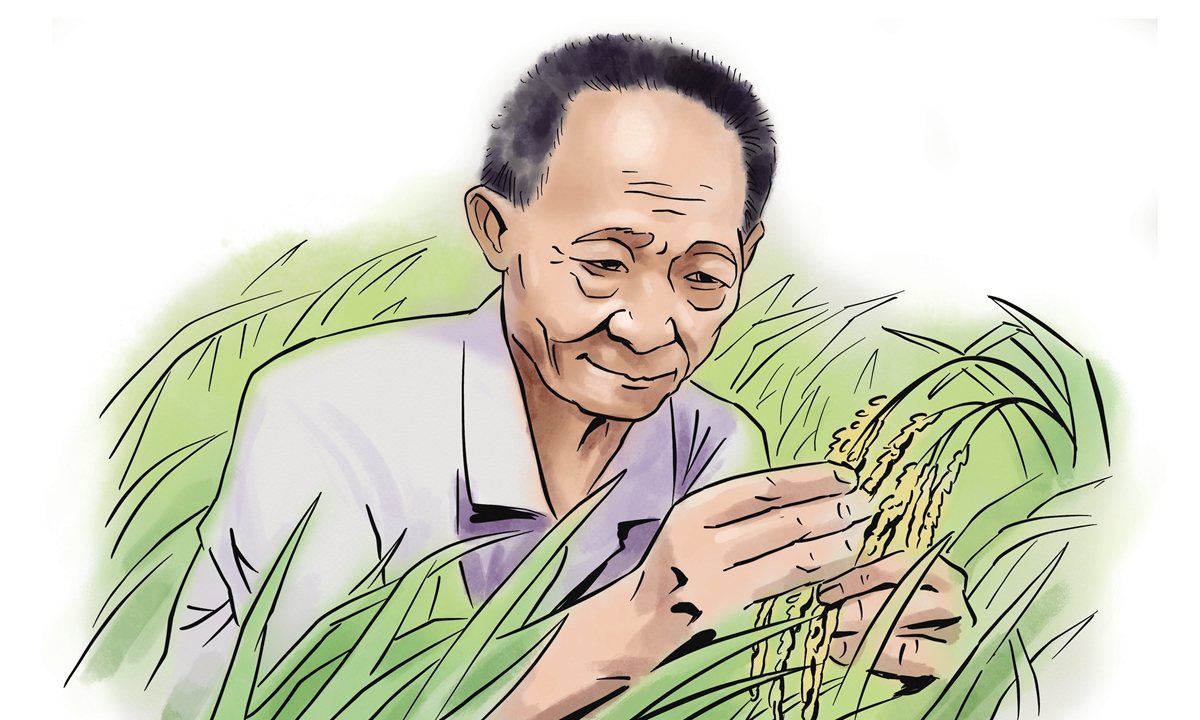
Ding Gang: Yuan Longping legacy shows the West needs to change mind to better know China
Lots of foreigners don't understand why so many Chinese people are sorrowful about the death of a 91-year-old man. Some have asked: Who is Yuan Longping?
2021-05-27 -
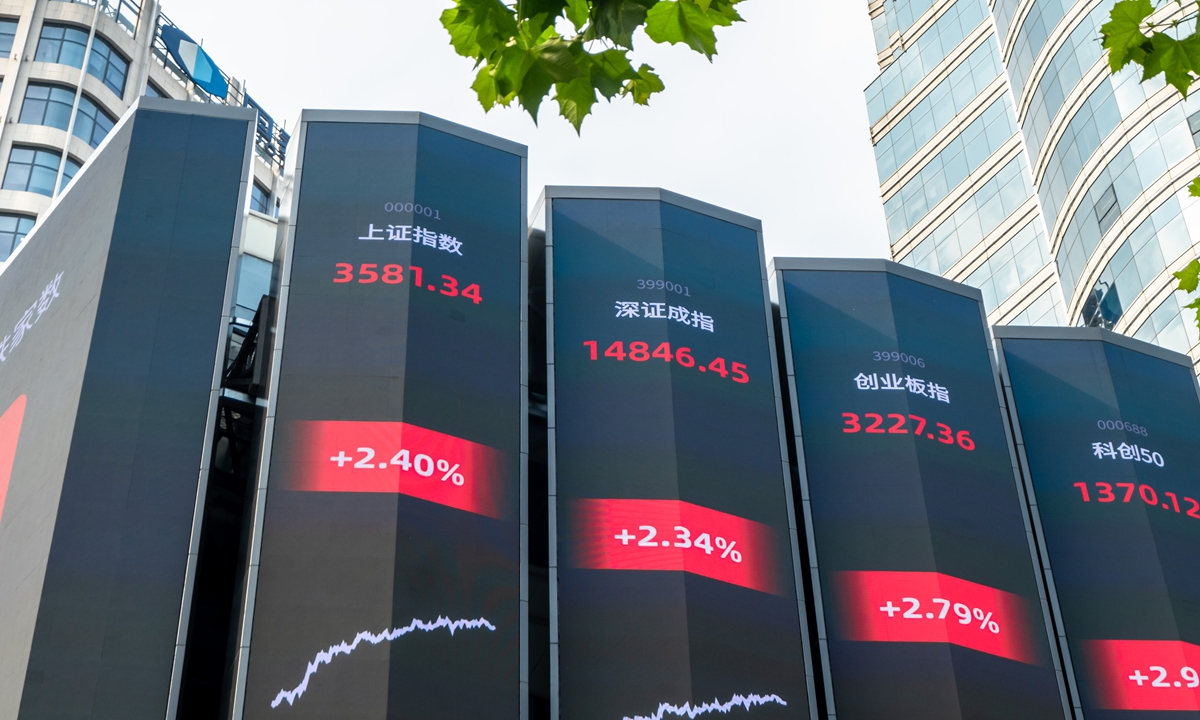
A shares rally on record northbound net inflows from HK as yuan gains strength
Chinese mainland stock market posted a stellar rally on Tuesday, with the flagship Shanghai Composite Index finishing up 2.4 percent at 3,581.34 points. The gain was spurred by record net inflows into the A-share market via northbound trading linkups between the mainland and Hong Kong bourses as the Chinese yuan gained strength.
2021-05-26 -
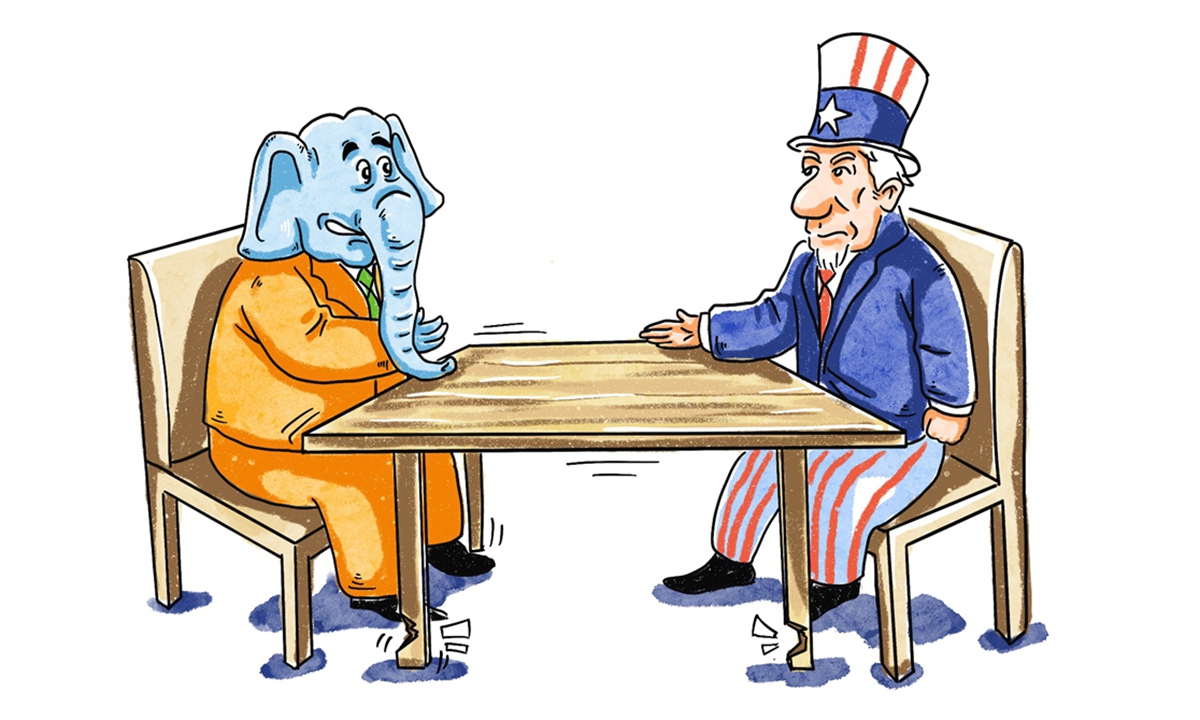
Liu Zongyi: India's vaccine pursuit faces uncertain response from US
2021-05-25 -
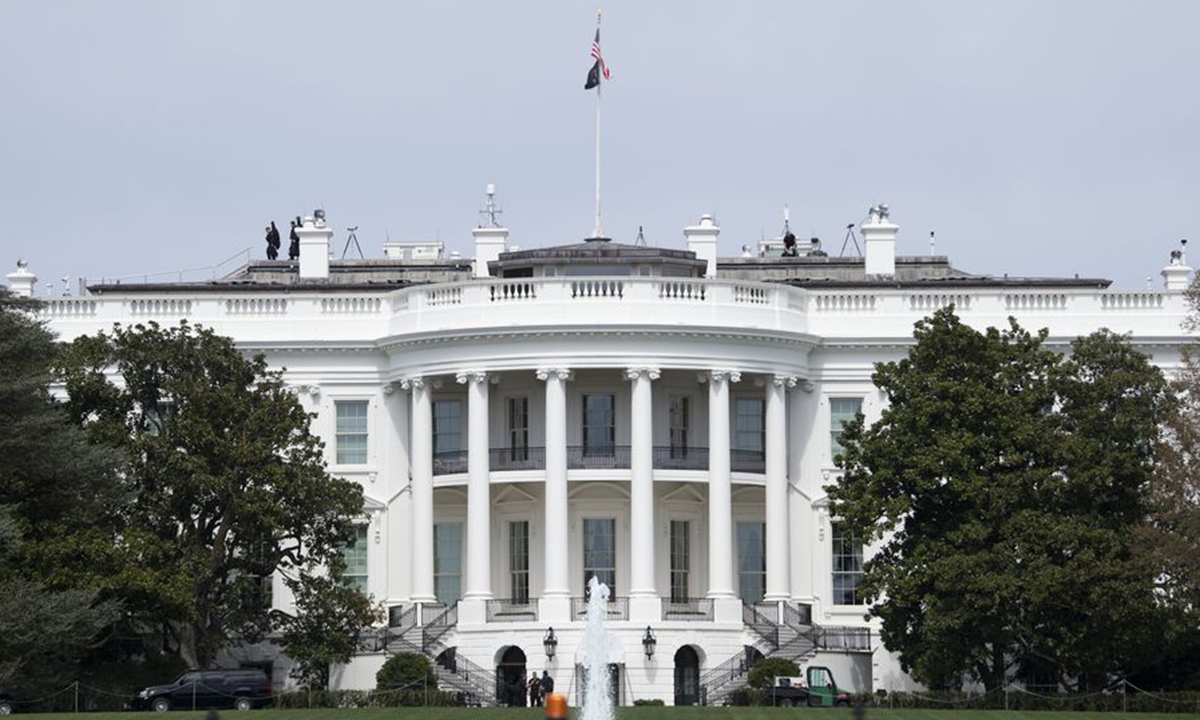
Biden’s major economic policies adjustment deserves attention
In the first more than 100 days in office, US President Joe Biden has made major adjustments to a wide range of economic policies. The important influences coming with the US' adjustments deserve global attention.
2021-05-25 -
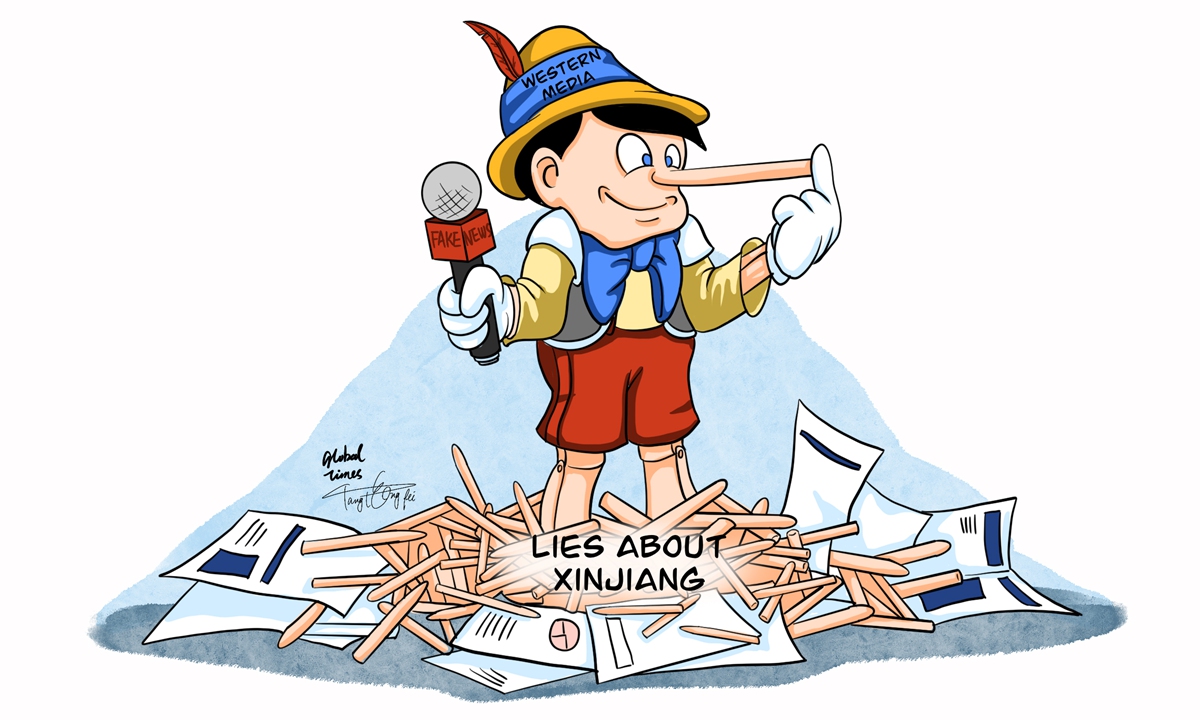
Wang Wen: Dare detractors come and see reality of Xinjiang?
2021-05-25 -
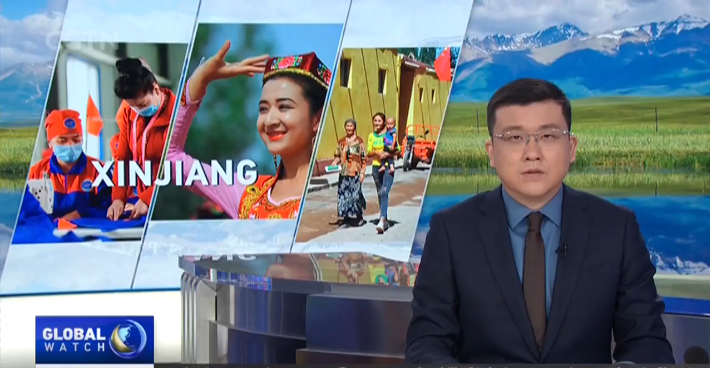
A Better Xinjiang: China Public Diplomacy Association holds online forum to discuss life in autonomous region
Xinjiang is rarely out of the news these days, as many international media continue to allege rights abuses in the Chinese autonomous region. But after visiting Xinjiang, experts and officials from both China and across the world say they are stunned by its rapid socio-economic development. Officials and experts have shared their views on the latest developments in Xinjiang, at a forum held by the China Public Diplomacy Association. The gathering, held in Kashgar, comes after participants wrapped up a week-long tour of Xinjiang. They acknowledged the effectiveness of measures to tackle extremism and end poverty in the region. They also called for the global community to develop a clearer understanding of how Uyghurs are treated there.
2021-05-24 -
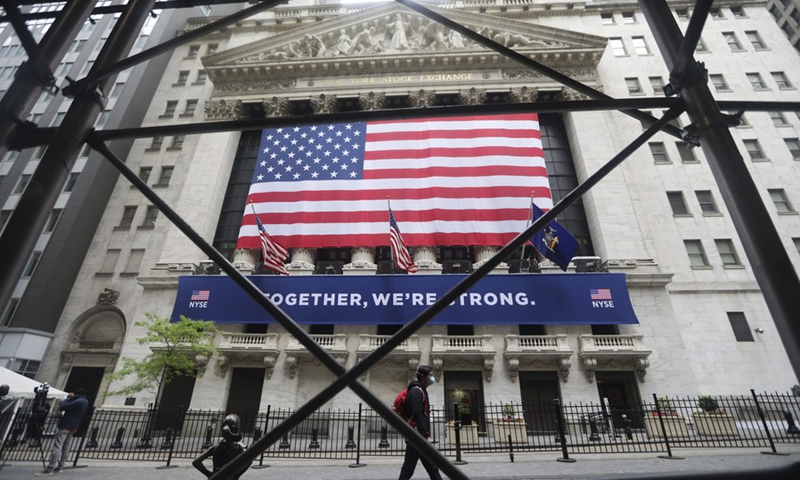
US’ delaying investment ban on China raises concern over tougher curbs
The Biden administration on Tuesday announced a two-week delay of an investment ban on some Chinese companies it claims to be linked to the Chinese military, an extension apparently intended to prepare for a tougher prohibition on such investments.
2021-05-20 -
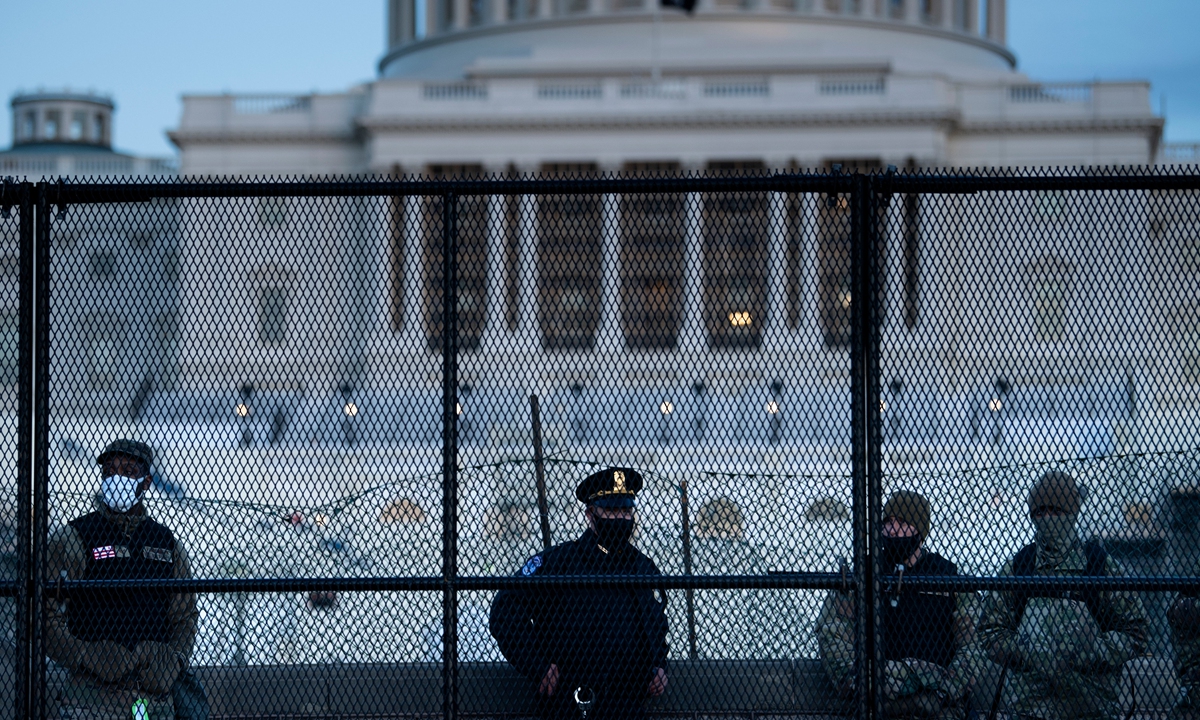
Ding Gang: US turns democracy into ‘strategic weapon’ to counter opponents
According to US media, US President Joe Biden will host a "Summit for Democracy" during his first year in office. The summit aims to mobilize so-called democratic governments to form a wide alliance to contain the rise of so-called authoritarian countries such as China and Russia.
2021-05-20 -
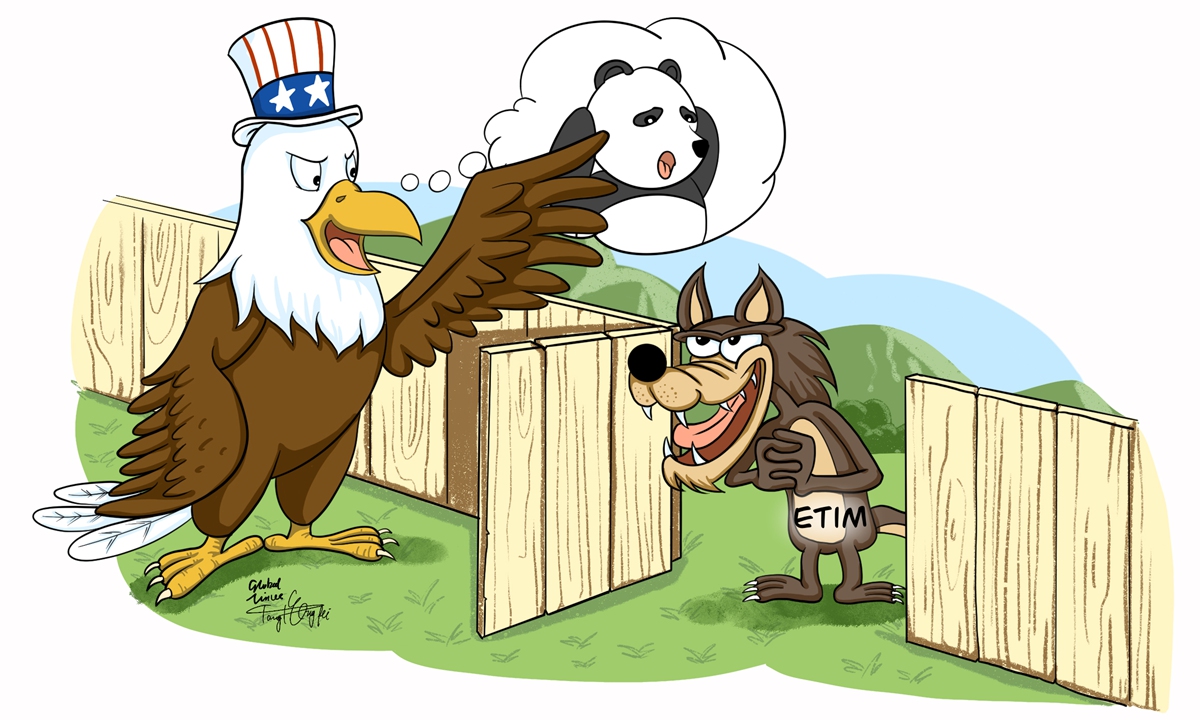
Zhou Rong: Washington shows little morality whitewashing terrorists targeting Xinjiang
A CNN report on Saturday focused on 22 Uygurs who were once locked up in Guantanamo. They were classed as "enemy combatants" in Washington's war on terror, and to be more specific, members of the terrorist organization East Turkestan Islamic Movement (ETIM), or the Eastern Turkistan Islamic Party. Eventually, the detainees were all declared "non-combatants" and released.
2021-05-19 -
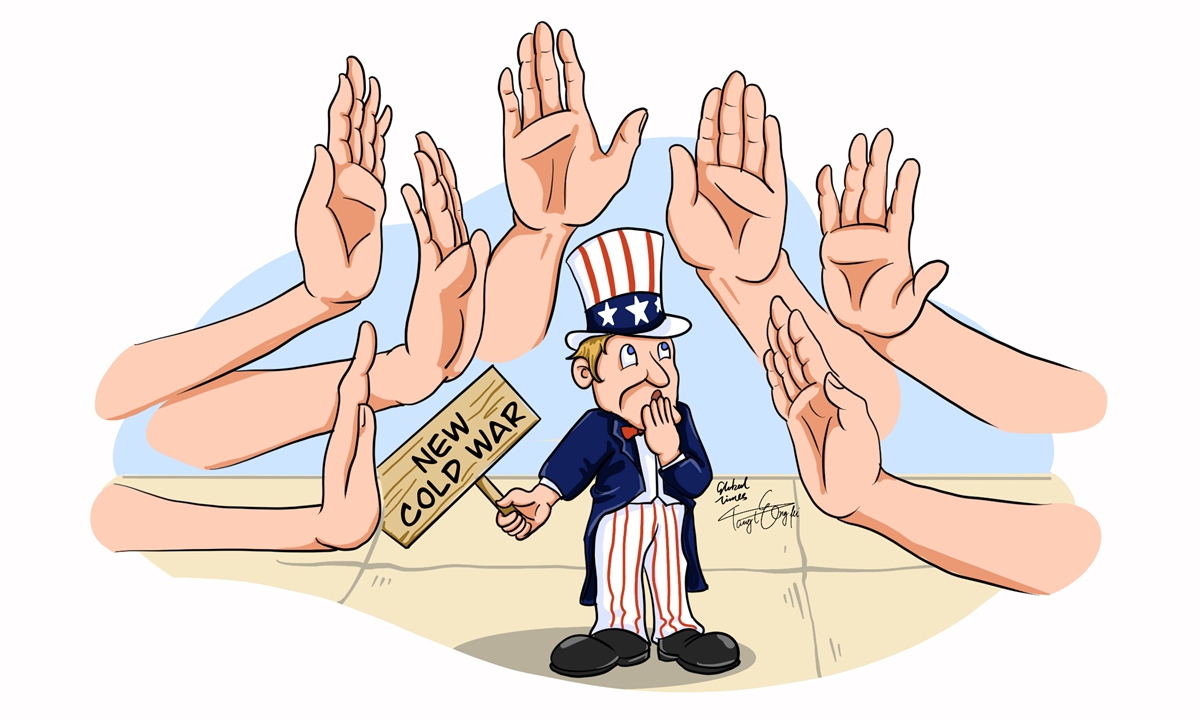
Wang Wen: Quixotic US paranoid to flex power
"No Cold War" campaign has turned into an international movement attracting attention from millions of people. This shows the number of peace lovers around the world is increasing.
2021-05-18 -

Panel: Is China really facing a demographic time bomb?
With new demographic figures from its once-in-a-decade census, how should China work out its population policy for the next decade? Host Ding Heng is joined by Dr. Lauren Johnston, Research Associate of the China Institute at the School of African and Oriental Studies in London, Professor Chen Sheying from Pace University, and Liu Zhiqin from Renmin University's Chongyang Institute for Financial Studies.
2021-05-17 -

Djoomart Otorbaev: Rethinking sovereign debt restructuring: Global green solution
Judging by recent events, a solution to two related global problems facing humanity will soon be proposed. It is about solving the problems of low-income countries' debts to their creditors and involving those countries in the fight against climate change at the same time.
2021-05-17 -
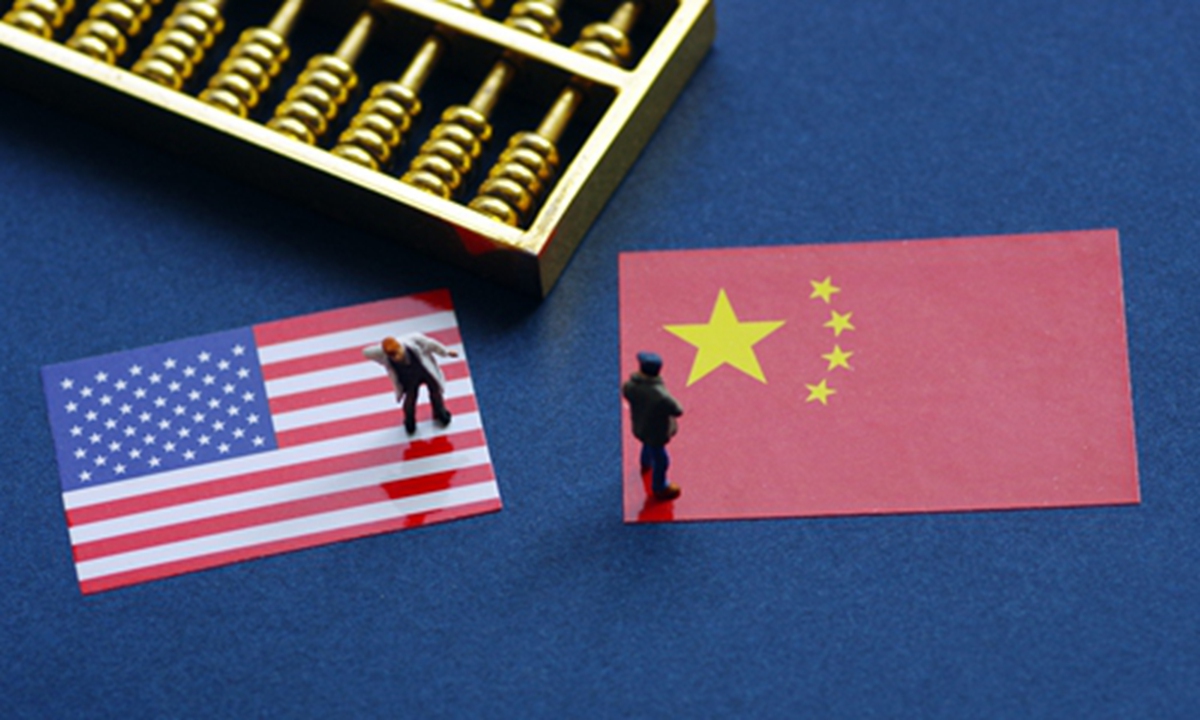
He Weiwen: US suppression on China investment heading for failure
World's biggest investment group BlackRock has obtained approval to start operating a wealth management business in China, another landmark event for the opening of China's financial sector to foreign businesses that has attracted widespread market attention.
2021-05-14 -
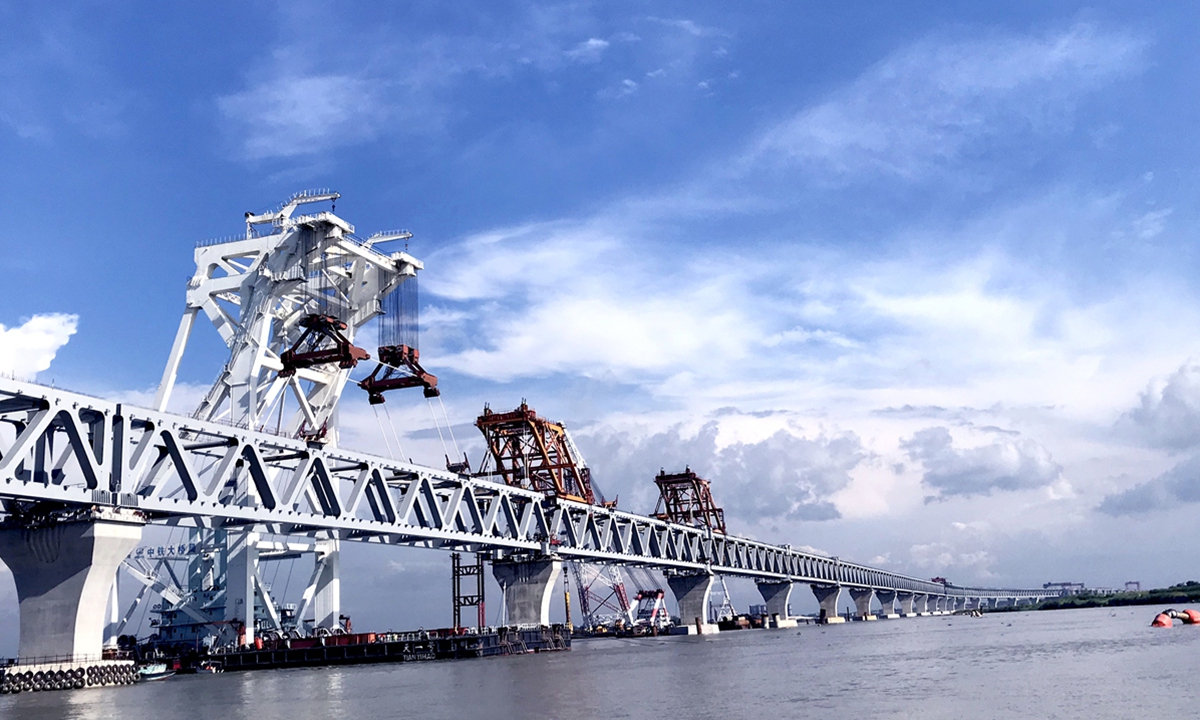
Liu Zongyi: Wooing Bangladesh to Quad against China not to help Bangladesh devt
Member countries of the Quadrilateral Security Dialogue (Quad), an informal security grouping of the US, Japan, Australia and India, are now seeking to seduce Bangladesh to be part of their Indo-Pacific efforts, according to media reports. Chinese Ambassador to Bangladesh Li Jiming said on Monday that China-Bangladesh bilateral ties would be substantially damaged if Dhaka engaged with Quad, according to a report of The Times of India.
2021-05-12
























































































 京公网安备 11010802037854号
京公网安备 11010802037854号





